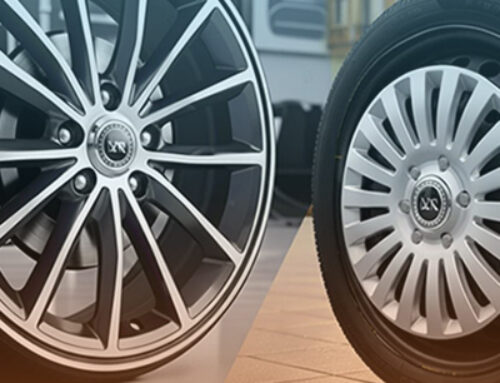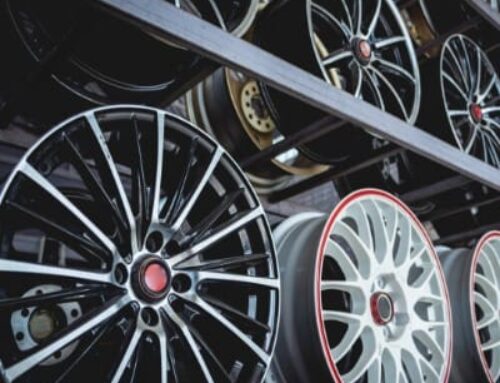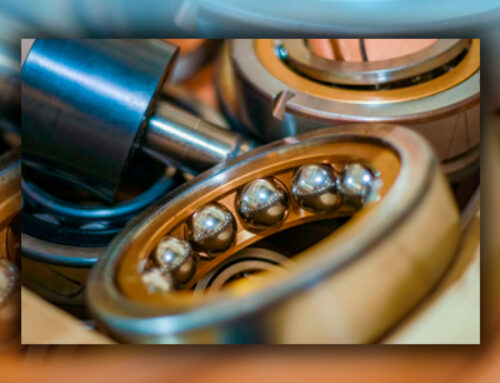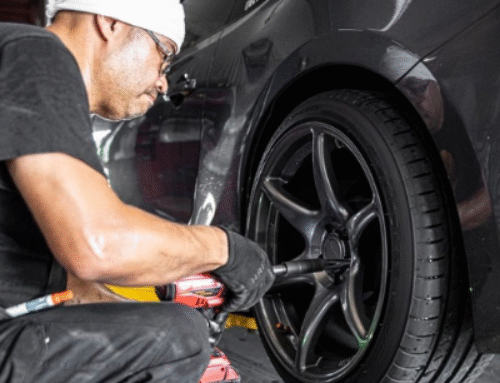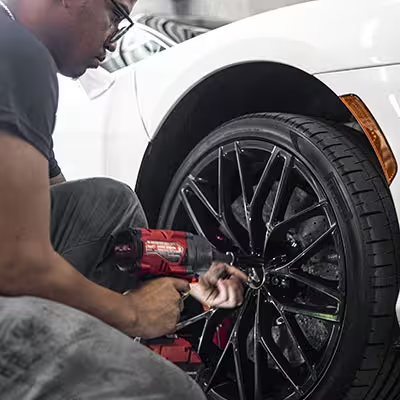
The Essential Guide to Automotive Wheel Repair
Automotive wheel repair is essential for maintaining both the appearance and functionality of your vehicle’s wheels. Whether you’re dealing with curb damage, corrosion, or other issues, understanding the repair process is crucial. In this comprehensive guide, we’ll explore everything you need to know about automotive wheel repair, from common types of damage to repair techniques and finding the right professionals for the job.
Understanding Common Types of Damage
- Curb Damage: Scratches, chips, and dents caused by scraping against curbs or obstacles.
- Corrosion: Oxidation and rust that weaken the wheel’s structure and appearance.
- Bends and Cracks: Impact damage from potholes or collisions that can lead to structural issues.
The Repair Process
- Assessment: Professional evaluation to determine the extent of damage and the best repair approach.
- Surface Preparation: Cleaning and preparation of the wheel surface for repair, including removing corrosion and old finish.
- Repair Techniques:
- Curb Rash Repair: Filling and sanding damaged areas, followed by refinishing.
- Corrosion Treatment: Removal of rust, application of protective coatings.
- Straightening: Using specialized tools to repair bends and cracks without compromising structural integrity.
- Refinishing: Application of paint, powder coat, or other finishes to restore the wheel’s appearance.
Choosing a Repair Service
- Expertise: Look for certified technicians with experience in automotive wheel repair.
- Quality of Materials: Ensure the repair shop uses high-quality paints and coatings for durability.
- Customer Reviews: Check online reviews and testimonials to gauge customer satisfaction.
DIY vs. Professional Repair
While minor cosmetic issues may be tackled with DIY kits, structural damage or complex repairs require professional expertise to ensure safety and longevity.
Understanding automotive wheel repair empowers you to make informed decisions about maintaining your vehicle’s wheels. Whether it’s restoring a damaged rim or preventing future issues, choosing the right repair service is key to keeping your wheels rolling smoothly and looking their best.
Frequently Asked Questions
✅ How do I know if my wheel needs repair?
➡️ Common signs include vibrations while driving, uneven tire wear, visible dents or cracks, and loss of tire pressure.
✅ Can a cracked wheel be repaired?
➡️ Yes, small cracks can sometimes be welded and reinforced, but severe structural damage often requires wheel replacement for safety.
✅ How much does automotive wheel repair cost?
➡️ It depends on the damage type, wheel size, and finish. Cosmetic fixes like curb rash are usually more affordable, while bent or cracked wheels are more expensive to repair.
✅ Is it better to repair or replace a damaged wheel?
➡️ If the damage is cosmetic or minor, repair is usually sufficient and cost-effective. Replacement is necessary when the wheel’s structure is too compromised to be safe.
✅ How long does wheel repair take?
➡️ Cosmetic repairs may take just a few hours, while more complex damage such as corrosion or cracks can take one to two days.
✅ Does insurance cover wheel repair?
➡️ In some cases, yes. Coverage depends on your insurance policy and whether the damage was caused by an accident or road hazard.
✅ Are DIY wheel repair kits effective?
➡️ DIY kits can fix minor scratches or scuffs, but structural damage such as cracks or bends should always be handled by a professional.
While general wheel repair covers a wide range of issues, cracks in a rim demand special care and expertise. Unlike cosmetic scratches or bends, a cracked wheel can compromise safety, reduce performance, and even lead to dangerous failures if ignored.
👉 To learn more about how professionals diagnose and fix this type of damage, don’t miss our in-depth guide: Cracked Wheel Repair
For expert automotive wheel repair services, trust Wheels Doctor. Contact us today (305) 490-2028 or (305) 964-7909 to schedule your consultation and restore your wheels to their former glory.

